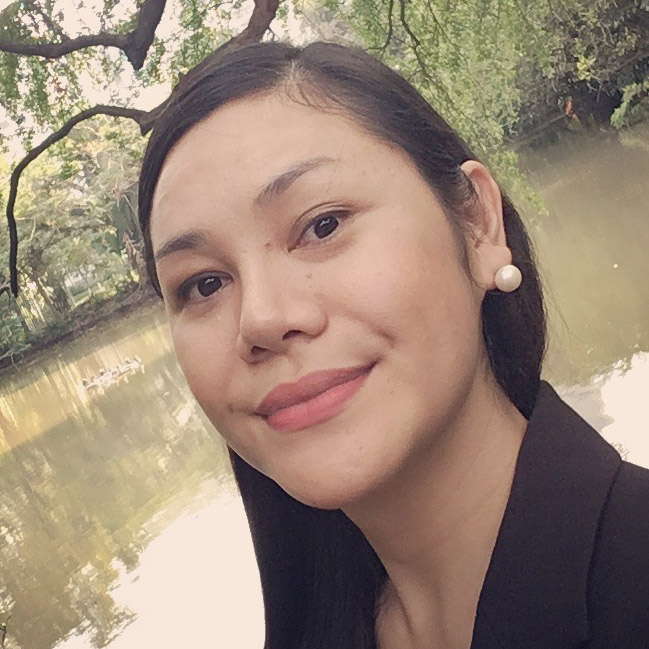
Prempreeda Pramoj Na Ayutthaya
Rainbow Sky Association of Thailand
Biography
Born in Bangkok, Prempreeda Pramoj Na Ayutthaya (She, her, hers) holds an MA in Social Development from Chiang Mai University, and an MA in Health Social Sciences from Mahidol University. Both her master’s theses were concerned with rights for sexual minorities, especially transgender people. One of the founding working group members of Asia Pacific Transgender Network, she has worked with various local and international NGOs to assist key affected populations as regards HIV prevention and care, in particular, as a community representative and liaison for an HIV Prevention Trial for the Thai Ministry of Public Health and the US Center for Disease Control. At UNESCO Bangkok, she has served as HIV/AIDS National Programme Officer. Prem has lectured on issues of sexuality and gender issues at several universities. Currently, she is Vice President of Rainbow Sky Association of Thailand, and is organizing her own project “Be Visible Asia,” which aims to reach various groups among the LGBT, particularly bisexual and non-binary people, and trans people and their partners.
「 Trans Migrants and Refugees in Thailand: An Intersectional Perspective 」
Thailand is home to 3.7 million migrants, including an estimated 130,000 refugees and asylum seekers. The country is however not a state party to the 1951 Refugee Convention, and lacks domestic legislation protecting the rights of asylum seekers and refugees. As such, their presence is considered to be in violation of Thailand’s domestic immigration law and are subject to detention and deportation (Fortify Rights, March 2016). The myth circulated by media about Thailand as an “LGBT paradise” has brought numbers of transgender migrants and refugees to the country. There are trans women from Laos and Cambodia for example who come to Thailand expecting to be received by an environment more benevolent to their gender. Notwithstanding how open the country can be to them, these trans migrants and refugees end up with limited options, some even performing sex work to survive, and many getting involved in the illegal drug trade. Social services are not available for these migrants and refugees; without legal papers, they do not have much access to health insurance. Refugee support agencies such as Asylum Access Thailand have recently reported that an increasing number of transgender migrants, mostly from Muslim countries, have also sought refuge. Determining themselves as female, they seek gender affirmation services while seeking asylum in the country. Transgender refugees who get in trouble with housing options also ask for gender-sensitive services. This discussion analyzes the particular predicament of transgender migrancy in Thailand interdisciplinarily and intersectionally, with emphasis on the possibilities of how collective social action among several sectors are necessary in affirming the identity of those who seek refuge, in spite of a myth failing them in the first place.



